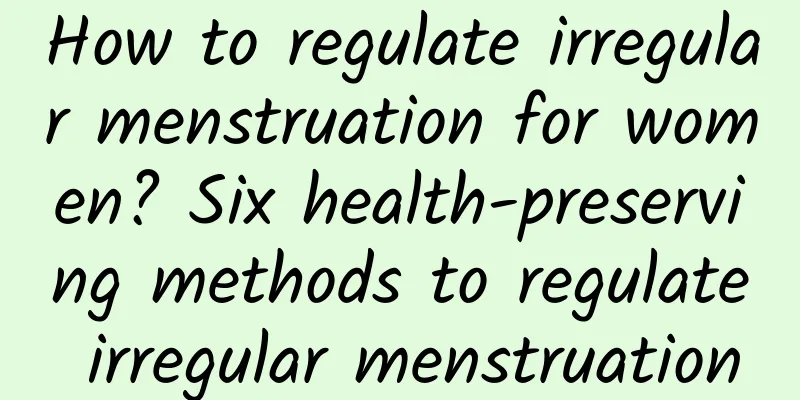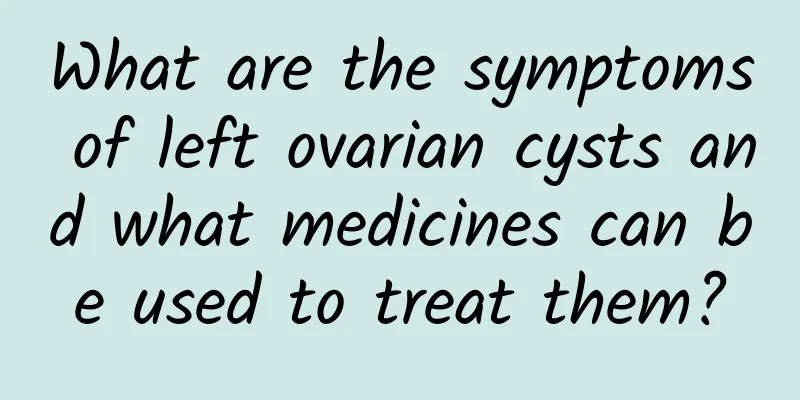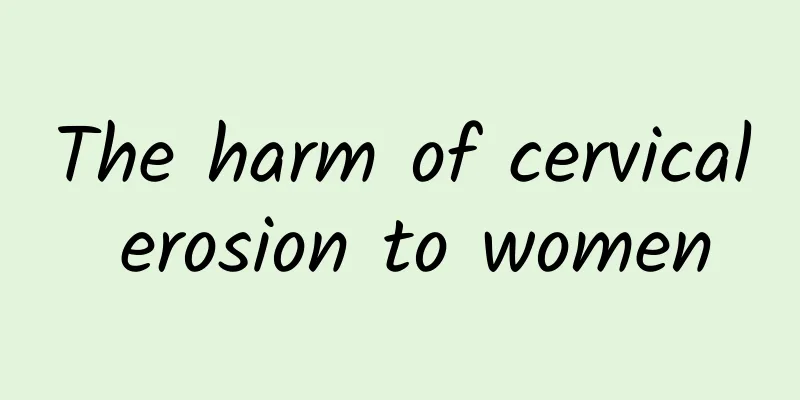What harm does uterine fibroids cause to the body

|
Uterine fibroids can cause many kinds of harm to the body, including menstrual abnormalities, infertility or miscarriage, compression of surrounding organs, etc. Severe cases may endanger life and health, and require timely medical treatment. Uterine fibroids are a common benign tumor in women. The degree of harm varies depending on the size, number and location. Fibroids may cause menstrual abnormalities, manifested as prolonged menstruation, excessive menstrual flow and even anemia. This is the result of compression of the endometrium or obstruction of uterine contraction. If the tumor is too large or invades the fallopian tube, it will not only reduce the success rate of pregnancy, but may also cause miscarriage or even intrauterine infection. Larger fibroids can compress the bladder or rectum, leading to frequent urination, difficulty urinating or constipation; in severe cases, they can even compress the urinary system and affect kidney function. In some rare cases, uterine fibroids can turn into malignant tumors, namely uterine sarcomas, but the risk is low. Uterine fibroids are a common benign tumor in women. The degree of harm varies depending on the size, number and location. Fibroids may cause menstrual abnormalities, manifested as prolonged menstruation, excessive menstrual flow and even anemia. This is the result of compression of the endometrium or obstruction of uterine contraction. If the tumor is too large or invades the fallopian tube, it will not only reduce the success rate of pregnancy, but may also cause miscarriage or even intrauterine infection. Larger fibroids can compress the bladder or rectum, leading to frequent urination, difficulty urinating or constipation; in severe cases, they can even compress the urinary system and affect kidney function. In some rare cases, uterine fibroids can turn into malignant tumors, namely uterine sarcomas, but the risk is low. In order to minimize potential harm, regular gynecological examinations are recommended. If fibroids are found early, observation or drug treatment can be selected, such as the use of gonadotropin-releasing hormone analogs, progesterone drugs, etc. If the fibroids are large or the symptoms are severe, surgical treatment is necessary, including myomectomy, uterine artery embolization, or total hysterectomy. Pay attention to maintaining a healthy weight, reducing high-fat diets and hormone supplements, and increasing foods rich in crude fiber and vitamins to help reduce the risk of fibroids and relieve symptoms. |
<<: Why do you get Bartholinitis or cysts?
>>: Reasons why women stop menstruating before 40
Recommend
Experts explain the causes of ovarian cysts
Women's constitution is generally not as good...
Does a 5 cm ovarian cyst on the right side need treatment? What foods should not be eaten?
Does a 5 cm right ovarian cyst need treatment? Wh...
What is the cause of pelvic effusion after surgery?
Female friends with pelvic effusion should avoid ...
Nutritionist's secret to not getting fat when eating at a party
It is the end of the year again, and all kinds of...
Understand the main hazards of cervical erosion
Cervical erosion is a local feature of chronic ce...
Eat this midnight snack without getting fat! 6. Food to satisfy hunger
You feel hungry after dinner and want to eat but ...
What to do for hysterectomy and how much does it cost to do hysterectomy?
Uterine fibroids are a common gynecological disea...
When is the best time to have an abortion during pregnancy?
How long into the pregnancy is the best time to h...
How much does pelvic peritonitis cost?
In daily life, many women are troubled by pelvic ...
Adenomyosis surgery cost
Relatively speaking, laparoscopic surgery is slig...
Expert introduction - effective ways to prevent uterine fibroids.
Uterine fibroids are a common tumor in women. The...
Help you understand the care content of patients with ectopic pregnancy
The incidence of ectopic pregnancy is getting hig...
How to relieve primary dysmenorrhea?
How to relieve primary dysmenorrhea? 1: Many wome...
What are the specific causes of dysmenorrhea?
What are the specific causes of dysmenorrhea? Dys...
Why is there no bleeding after a painless abortion? The bleeding stops on the same day.
Why don't you bleed after an abortion? Painle...









